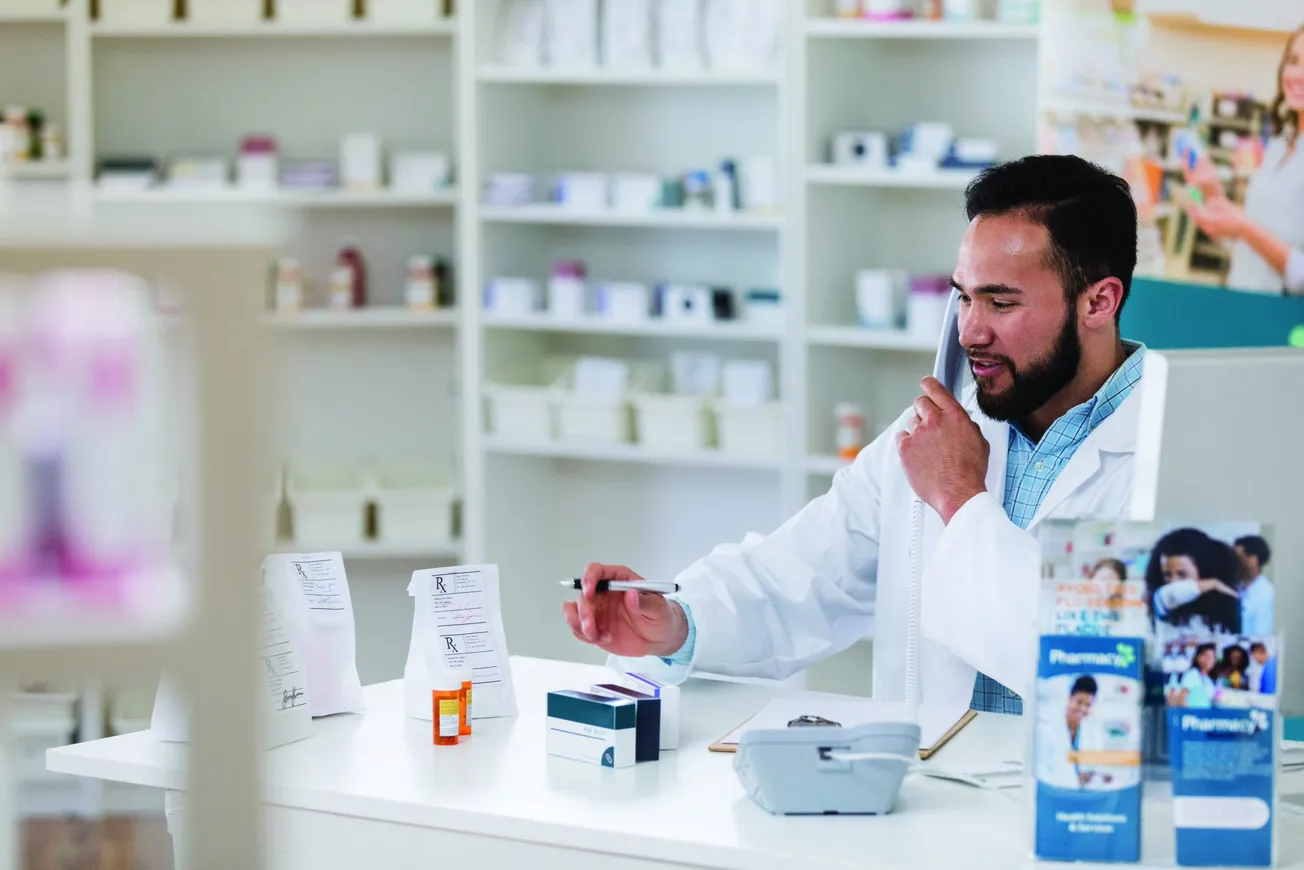LOUISVILLE, Ky. — Missouri is slated to become the fourth state to require drug stores and other retailers to submit purchases of over-the-counter cold and allergy medicine containing pseudoephedrine to the National Precursor Log Exchange (NPLEx) real-time tracking system.
Louisville, Ky.-based technology provider Appriss, which operates NPLEx, said the system was pioneered by Kentucky and is now connected to about a third of the nation’s pharmacies and ensures that, within participating states, criminals can’t move from store to store to buy an illegal quantity of these medications.
According to Appriss, Kentucky launched this technology in late 2008 and each month the system tracks 110,000 boxes of OTC cold and allergy medicines, including such well-known brands such as Claritin-D, Zyrtec-D, Tylenol Cold and Sinus, Sudafed-D, Aleve-D, Mucinex-D, Advil Cold, Allergy and Sinus, Robitussin Cough & Cold and Alavert D-12.
Illinois and Louisiana also are connected to NPLEx, two other states are expected to join in the next few weeks and 11 states have active legislation that would connect them to the Kentucky-based system, Appriss reported.
"After 18 months, the data shows that 96% of consumers never attempt to purchase above legal limits; however, 4% of the purchases are denied because they would be illegal," Jim Acquisto, director of government affairs for Appriss, said in a statement.
NPLEx is an electronic tracking system to enforce purchase limitations on pseudoephedrine, the key ingredient in methamphetamine, a rising drug abuse problem. The system is designed to help in the battle against illegal meth labs without creating an unnecessary and burdensome prescription mandate for OTC cold and allergy remedies containing pseudoephedrine.
With NPLEx, a customer’s photo identification is scanned by the pharmacy and the data is entered into a secure, Web-based portal. When a transaction that would exceed the legal limit is entered, a message is instantly sent to the retailer recommending denial of sale. The information is transferred instantly to the database, where it is available for review by law enforcement.
However, Appriss noted that until other states join the NPLEx system, criminals can drive to other states and obtain illegal quantities of these medicines, which are then cooked into methamphetamine.
The National Association of Drug Diversion Investigators (NADDI) has facilitated an agreement between law enforcement, health care professionals, state regulatory agencies, and pharmaceutical manufacturers to implement the program, Appriss said. NPLEx is funded by manufacturers of those medicines and is free to any state that chooses to link to the system.
"By adopting NPLEx as its e-tracking program, Missouri launches a pioneering effort to block illegal pseudoephedrine purchases store by store, city by city, and state by state," commented Charlie Cichon, NADDI executive director. "NPLEx is the only solution that stops meth cooks from crossing borders to purchase pseudoephedrine illegally, making it the most effective solution available."
Since NPLEx was launched in Kentucky, sheriffs in several counties credit e-tracking with 70% to 100% of the meth lab busts in their communities, according to Appriss. And leaders in a Bay County, Fla., pilot project said e-tracking has reduced illegal pseudoephedrine sales by more than 90%, the company added.
Appriss also cited a recent poll conducted in Missouri by David Binder Research, which found that 78% of respondents said requiring a prescription for these OTC medicines would create an "unnecessary burden."






